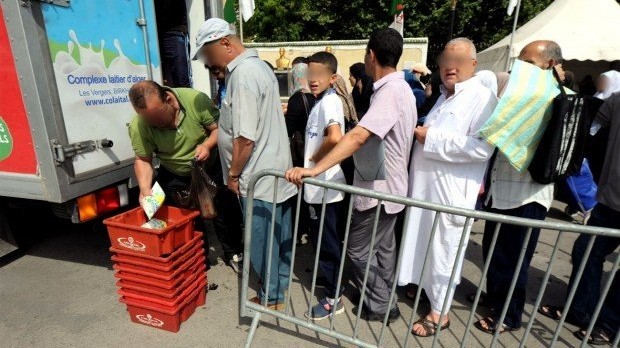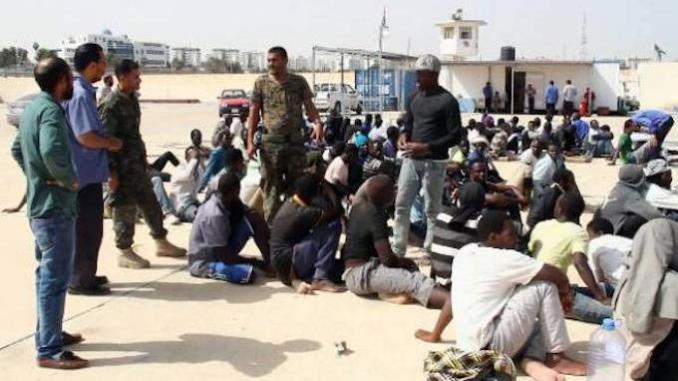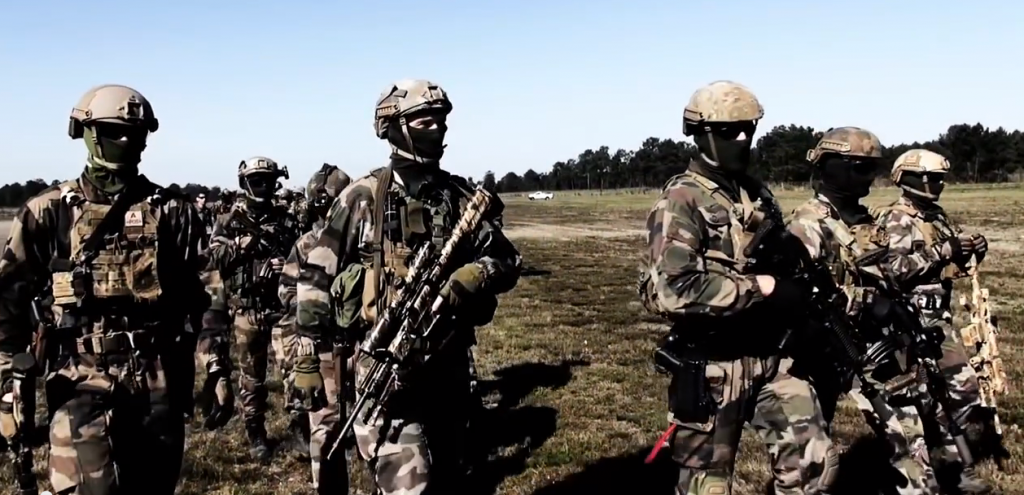 The end of the era of expensive oil has put strains on the budgets of Nigeria and Algeria pushing the first to seek foreign borrowing while the latter adamantly sticks to zero borrowing policy at the expense of starving its population.
The end of the era of expensive oil has put strains on the budgets of Nigeria and Algeria pushing the first to seek foreign borrowing while the latter adamantly sticks to zero borrowing policy at the expense of starving its population.
Nigeria, which has a more diversified economy compared to Algeria, is knocking on the door of international lenders. The country’s senate has adopted a plan to borrow $2.7 billion to meet the borrowing needs of the country.
In 2020, the country approved a plan to borrow $17 billion, mostly from Chinese lenders, earmarked to finance infrastructure projects.
Meanwhile Algeria, where oil and gas represent 95% of the country’s exports, refuses to pull its head from the sand as its President and cabinet continue to act as if oil prices are still above $100.
The North African country has seen its foreign exchange reserve drop from $193 billion in 2014 to less than $40 billion by the end of 2020. The country also braces for a widening budget deficit estimated at $22 billion this year.
Algeria would need at least a barrel price of $160 to balance a budget burdened by subsidies. For a population that has been used for decades of state largess with a very weak private sector and low diversification, any austerity measure could be faced with fierce street opposition.
Yet, Algeria rejects foreign debt. Instead, the country indulges in helicopter money or cash printing further worsening inflation and undermining the value of the dinar and along with it the already weak purchasing power of its citizens.
To hold off an inevitable collapse, the Algerian government adopted a protective trade policy preventing imports of vital food stuff. The result was long queues in front of stores in scenes that can only be seen in war-torn countries.
Cooking oil, milk and even some medicine are in high shortage in the country where the government opts for cosmetic measures to prevent the few remaining hard currency from leaving the country.
While cash printing may delay an impending finance collapse of the state, it has no value when it comes to financing imports. Hence the drastic measures such as the ban on car imports and raising customs duties on other goods.
The combustible mix is piling for Algeria where anemic growth, youth unemployment, dependence on oil and gas, corruption, underdeveloped banking system and the unfriendly investment climate are combined with the impact of the pandemic.



